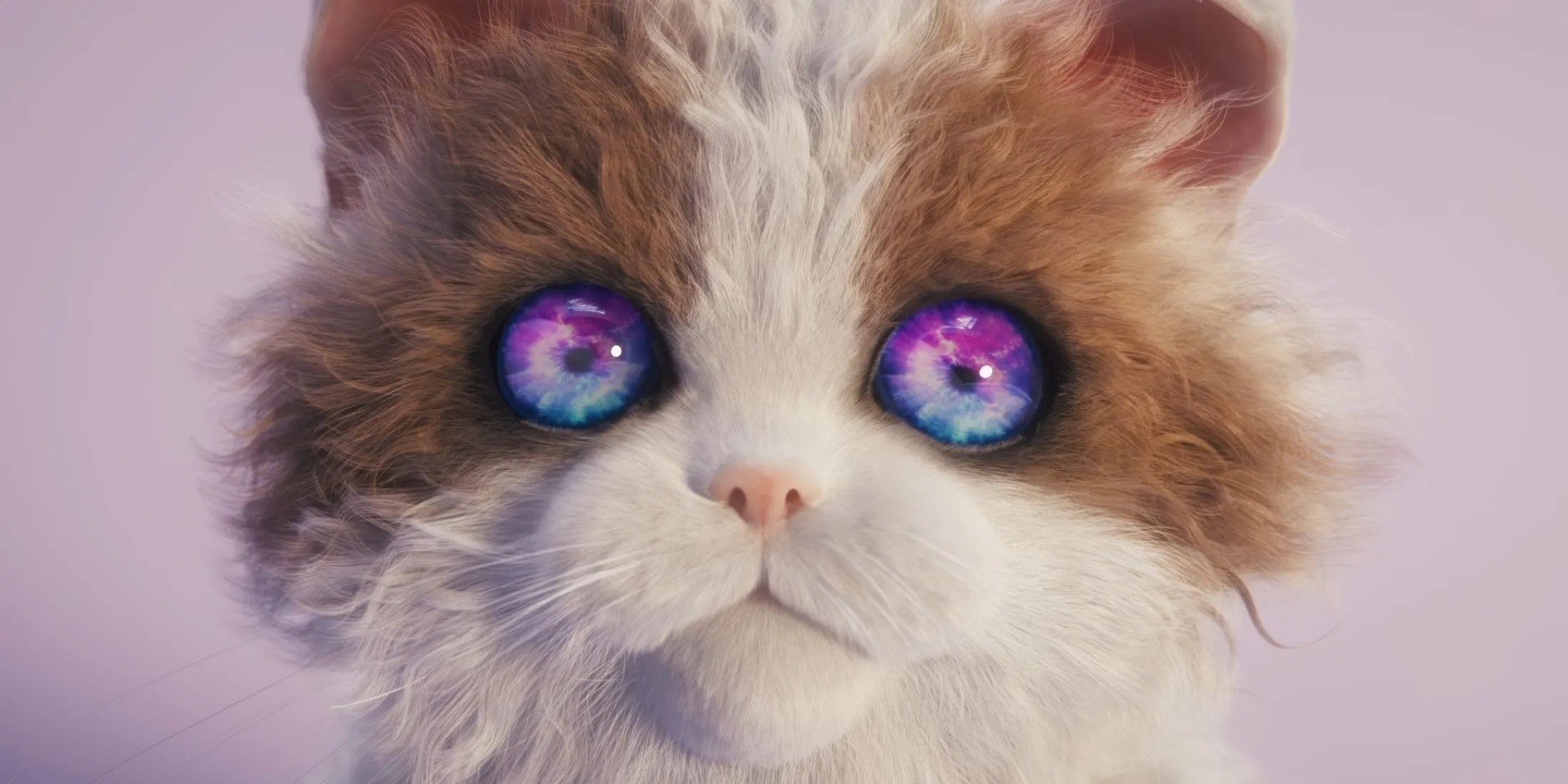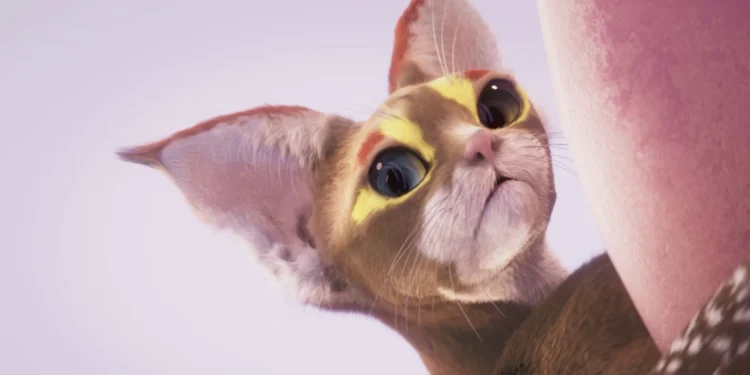In the vast, ever-evolving world of gaming, few stories have gripped the community as tightly as the ongoing drama surrounding the open-world cat game, Catly. Developed by SuperAuthenti, Catly has recently been thrust into the limelight, not for its quirky gameplay or innovative design, but for a swirl of accusations involving the use of generative AI in its marketing and undisclosed ties to the NFT sphere.
The controversy gained momentum when investigative efforts led by the team at 80 Level uncovered that SuperAuthenti is intricately linked to Shanghai Binmao Technology, a company known for its blockchain app, Plantly: Mindful Gardening. This revelation has significantly dented the credibility of SuperAuthenti, with many in the gaming community calling into question the developer’s integrity and transparency. According to a source from Reddit, this connection points to a deeper involvement in blockchain technologies, which the company has publicly denied.
In response to these allegations, a representative from SuperAuthenti spoke to IGN, staunchly denying the use of generative AI or any blockchain technology in the creation of Catly or its promotional materials. They stated, “Our company/project has never issued any blockchain currency and any NFTs. Our company does not and has never owned any blockchain currency and NFTs.” Despite this firm denial, the lack of concrete evidence such as a behind-the-scenes demo of the game’s trailer, which remains unpublished, does little to clear the murky waters surrounding the game’s promotional strategies.

The Evidence Piles Up
Despite SuperAuthenti’s denials, new pieces of evidence continue to surface. Recently deleted images from Catly’s official website suggest the use of AI, particularly noticeable in the digitally rendered paws of the featured feline characters. Furthermore, the discovery of a LinkedIn profile for Abir Hs, a former community manager at SuperAuthenti, adds another layer of intrigue. His profile indicates a strong pro-AI stance, evidenced by a certification from Huawei’s AI Innovation Training Camp in 2023. Moreover, the link between SuperAuthenti and significant industry events like The Game Awards raises eyebrows.
Notably, Kathryn Felicia Day, an influential figure within the gaming community and advisor to Griffin Gaming Partners, which lists SuperAuthenti in its investment portfolio, has been actively promoting Catly. Her involvement and historical connection to The Game Awards, where she presented in 2017, draw a potential line between the game and the prestigious event, further fueled by social media endorsements using the hashtag #CatlyPartner.

As the debate rages on, the gaming community is left to sift through conflicting reports and covert ties. SuperAuthenti’s vehement denials contrast sharply with the growing body of evidence suggesting otherwise. This situation presents a classic case of public relations firefighting amidst accusations that could potentially mislead players and investors about the nature and origin of Catly. What are your thoughts on this unfolding drama?
Does SuperAuthenti’s explanation hold enough weight to dispel the doubts, or do the suspicions seem too substantial to ignore? Join the discussion below and share your insights on this entangled affair that continues to captivate and divide the gaming world. Remember to stay tuned for more updates and deep dives into the gaming industry by following us on our various social media platforms and joining our community discussions.










